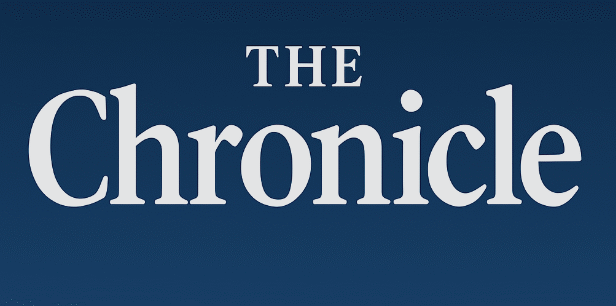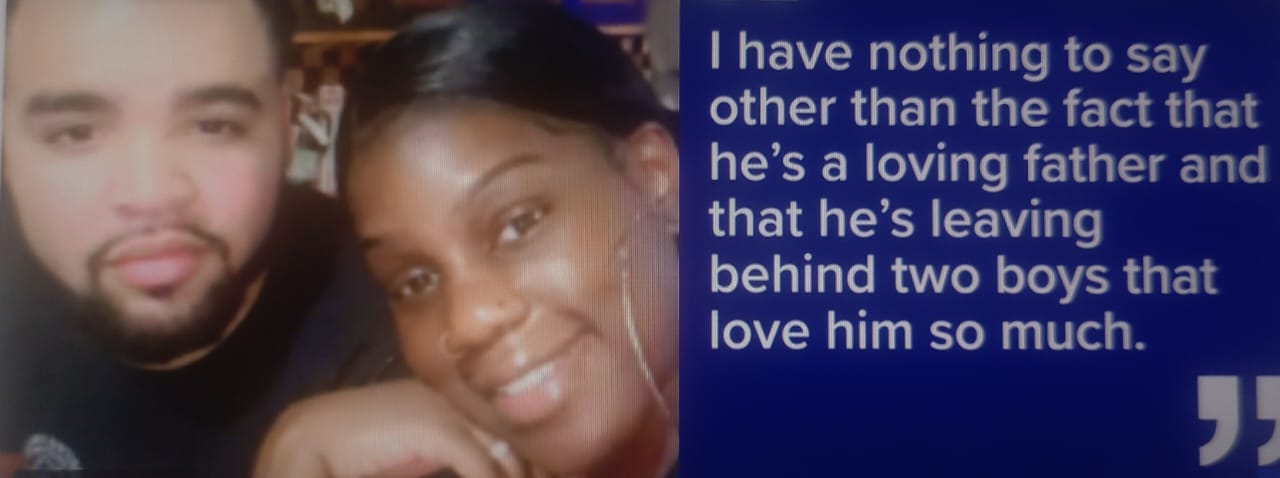Family of Security Guard Julius Rodriguez Killed Outside Seattle Nightclub Calls for Stricter Safety Regulations at After-Hours Venues Amid Rising Gun Violence
Seattle, WA — April 9, 2025 — The tragic death of 29-year-old Julius Rodriguez, a security guard who was shot and killed outside the Capri Bar and Hookah Lounge in Rainier Beach, has sparked a wave of grief and calls for change from his family and the community. Rodriguez’s family is now calling on city officials and lawmakers to take action and implement stricter safety regulations at after-hours establishments, following a senseless act of violence that has left the Seattle community devastated.
A Hero Taken Too Soon
Julius Rodriguez, who went by Jacob, was a beloved member of his family and community. A U.S. Army veteran, he had recently worked as a security guard and had aspirations of becoming a law enforcement officer after completing K-9 training. His brother, David Bean, described him as a loving and selfless individual, with a heart full of generosity and a commitment to helping others.
Rodriguez was killed on the night of March 30, 2025, when he was shot outside the Capri Bar and Hookah Lounge during an altercation. Two people were injured in the shooting, with Rodriguez tragically losing his life. His family has been left heartbroken, and they are demanding answers and justice for his death. They believe that Rodriguez, while trying to protect others, may have prevented a greater tragedy from occurring.
Rising Concerns Over Safety at After-Hours Establishments
The shooting that took the life of Rodriguez is not an isolated incident. Neighbors and community members in the Rainier Beach area have long expressed concerns about the safety of after-hours establishments like the Capri Bar, which have become hotbeds for violent incidents in recent months. According to local reports, there have been numerous incidents of gun violence, including shootings and altercations outside similar venues, raising alarm about the lack of adequate safety measures.
Following Rodriguez’s death, the Seattle Police Department has classified the Capri Bar as a “chronic nuisance” due to the number of violent incidents associated with it. Law enforcement has indicated that the establishment will now face increased scrutiny and possible regulatory measures. This designation has sparked a broader conversation about the need for tighter regulations on late-night bars and clubs across the city.
Advocating for Change: A Family’s Plea for Action
Rodriguez’s family, particularly his brother, David, is leading the charge for legislative change. They are urging Seattle city officials to implement stricter regulations for after-hours establishments to prevent further tragedies. Among the changes they are advocating for are increased security requirements, such as mandatory surveillance cameras, heightened staffing levels, and enhanced employee training in conflict de-escalation.
The family’s plea has gained traction among local lawmakers, including Councilmember Rob Saka, who has called for a reevaluation of safety standards at late-night venues. Saka emphasized that the violence surrounding these establishments disproportionately affects vulnerable communities, and there is a dire need for accountability and reform. The Seattle City Council is currently considering new legislation that could impose fines and penalties on businesses that fail to meet safety standards.
A Community in Mourning, Seeking Justice
Rodriguez’s death has left an indelible mark on his family, friends, and the broader Seattle community. The pain of losing someone so young and full of promise is compounded by the senselessness of the crime. As the investigation into his death continues, his family has vowed to fight for justice and for changes that will protect other families from experiencing the same heartache.
The tragic loss of Julius Rodriguez serves as a stark reminder of the ongoing need for stronger safety protocols in neighborhoods affected by gun violence. His family is determined to honor his memory by ensuring that his death was not in vain, pushing for meaningful change that will save lives and prevent further tragedies.
As the legal process unfolds and city leaders work toward solutions, Rodriguez’s family holds on to hope that his death will prompt a shift toward greater accountability and safety. Their message is clear: “We can’t bring him back, but we can make sure this doesn’t happen to anyone else.”
The road ahead may be long, but the community stands with them in their fight for justice and change.

